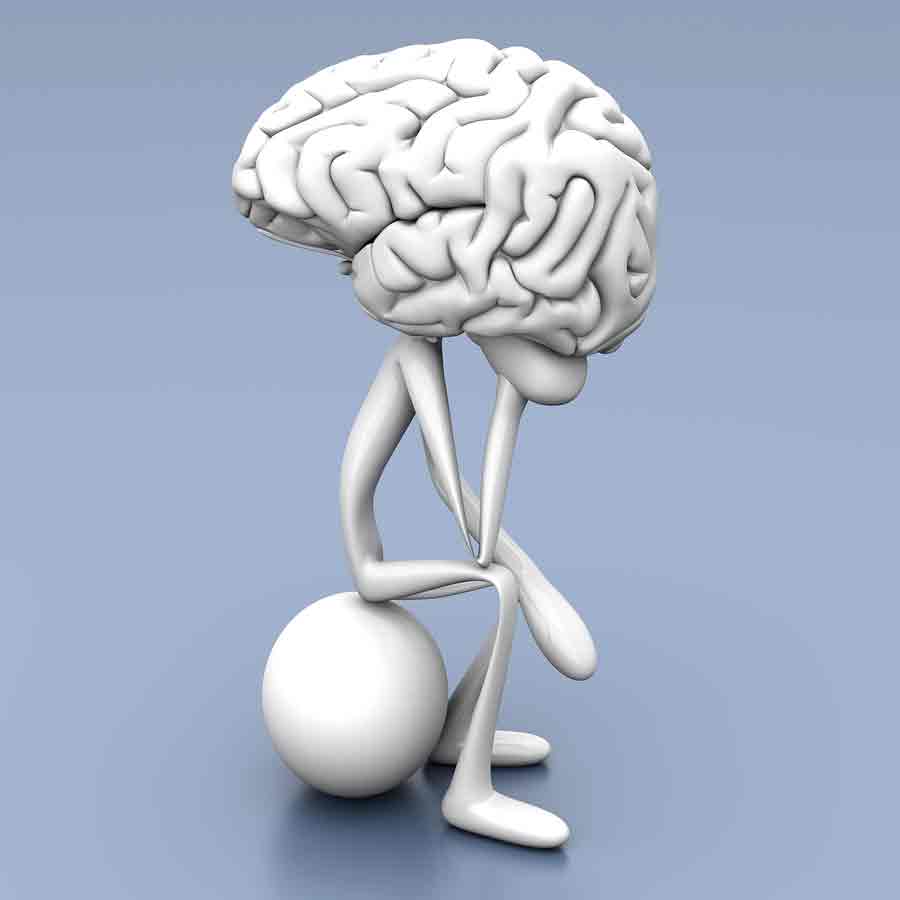Posts Tagged ‘Physical-Exercise’
Lynn Steffes: Let’s better integrate physical therapy and cognitive fitness
What excites you the most about your job? Thanks to the rehabilitation consulting service I run, I have the amazing opportunity to work with physical rehabilitation practices and associations across the country on program development, marketing & business operations. Professionals in the rehab field are passionate about keeping our population active, independent and enjoying optimal quality…
Read MoreUpdate: A Fresh Look at Enhancing Brain & Mental Health Across the Lifespan
Time for SharpBrains’ May 2013 e‑newsletter, which features a variety of articles offering a more optimistic and evidence-based approach to brain and mental health than current practices. First of all, let us highlight that Scientific American just published an excellent review of our new book. The author sums it up by saying that “…I wish I had read…
Read MoreWhat is the combined effect of physical and mental training?
Physical exercise and mental exercise are both beneficial for the brain. Each can improve brain functions and decrease risks of cognitive decline over time. This raises the question of their comparative and combined effects: Is one better than the other? Are their benefits additive (1 + 1 =2) or perhaps even synergistic (1 + 1…
Read MoreChallenging medical dogma: Mental exercise vs drugs, supplements and physical exercise to prevent cognitive decline
Mental exercises may prevent mental decline in seniors (CBC News): “A review released by the Canadian Medical Association Journal on the prevention of cognitive decline said that medicinal and non-medicinal products, and physical exercise did nothing to prevent the decline in healthy seniors, but mental exercises
Read MoreMaximizing brain fitness and mental well-being improves both public health and individual quality of life
We’re having a good conversation among SharpBrains Summit participants, prompted by the blog post Lifelong brain wellness and performance–not medical disease–drives growing demand for digital brain health solutions. In what is a beautiful example of the need to see both the forest and the trees
Read MoreFast cycling can help Parkinson’s Disease patients strengthen brain connectivity for motor ability
Exercise Rate Related to Improvements in Parkinson’s Disease (RSNA release): “People with Parkinson’s disease benefit from exercise programs on stationary bicycles, with the greatest effect for those who pedal faster, according to a study presented today at the annual meeting of the Radiological Society of North America (RSNA). Functional connectivity magnetic resonance imaging (fcMRI) data…
Read More





